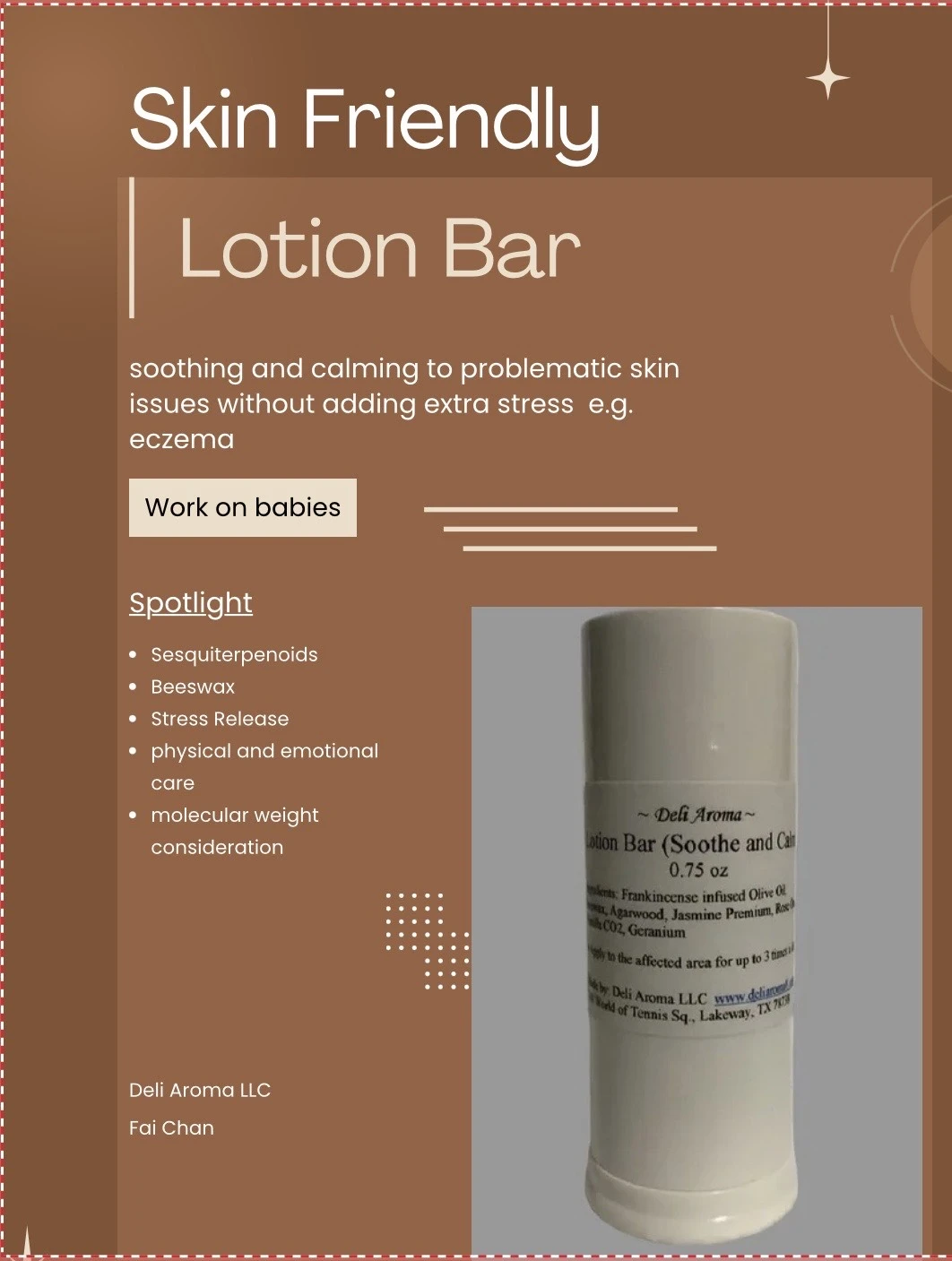Indexed In
- Open J Gate
- Genamics JournalSeek
- ResearchBible
- RefSeek
- Directory of Research Journal Indexing (DRJI)
- Hamdard University
- EBSCO A-Z
- OCLC- WorldCat
- Scholarsteer
- Publons
- MIAR
- Euro Pub
- Google Scholar
Useful Links
Share This Page
Journal Flyer

Open Access Journals
- Agri and Aquaculture
- Biochemistry
- Bioinformatics & Systems Biology
- Business & Management
- Chemistry
- Clinical Sciences
- Engineering
- Food & Nutrition
- General Science
- Genetics & Molecular Biology
- Immunology & Microbiology
- Medical Sciences
- Neuroscience & Psychology
- Nursing & Health Care
- Pharmaceutical Sciences
Caffeic acid phenethyl ester inhibits ñ-MSHinduced melanin synthesis through suppressing transactivation activity of MITF
International Conference and Exhibition on Biochemical & Molecular Engineering
October 07-08, 2013 Hilton San Antonio Airport, TX, USA
Ji-Yeon Lee, Hee-Jung Choi, Tae-Wook Chung, Cheorl-Ho Kim, Han-Sol Jeong and Ki-Tae Ha
Scientific Tracks Abstracts: Biochem Anal Biochem
Abstract:
Caffeic acid phenethyl ester (CAPE), a natural polyphenol compound of various plants and propolis, is a well-known anti- inflammatory, immunomodulatory, and anticancer agent. The present study aimed to investigate the molecular events underlying anti-melanogenic activity of CAPE in alpha-melanocyte stimulating hormone (α-MSH)stimulated B16-F10 melanoma cells. Here, we found that CAPE effectively reduced α-MSHstimulated melanin synthesis by suppressing expression of melanogenic enzymes such as tyrosinase, tyrosinase related protein-1 (TRP-1), and tyrosinase related protein-2 (TRP-2), although CAPE did not directly inhibit tyrosinase enzyme activity. On the other hand, the expression and nuclear translocation of microphthalmia-associated transcription factor (MITF) as a key transcription factor for tyrosinase expression regulating melanogenesis were not affected by CAPE treatment. The upstream signaling pathways including cAMP response element-binding protein (CREB), glycogen synthase kinase-3β (GSK-3β), and Akt for activation and expression of MITF were also not influenced by CAPE. Interestingly, CAPE inhibited transcriptional activity of tyrosinase promoter by suppressing the interaction of MITF protein with M box containing a CATGTG motif on tyrosinase promoter. Given the important role of MITF in melanogenesis, suppression of CAPE on function of MITF to transactivate tyrosinase promoter could be novel therapeutic approach to treat hyperpigmentation disorders.


